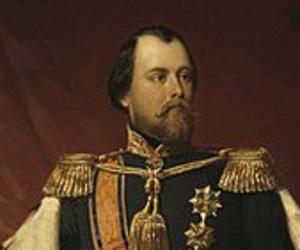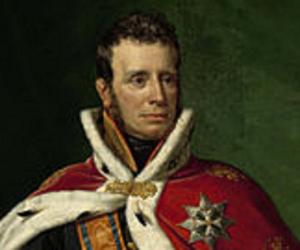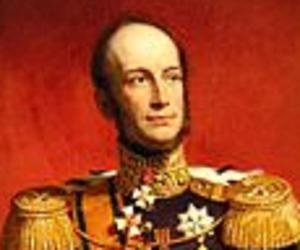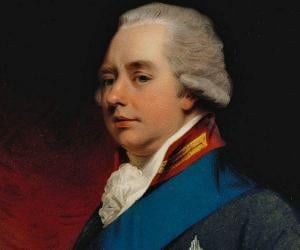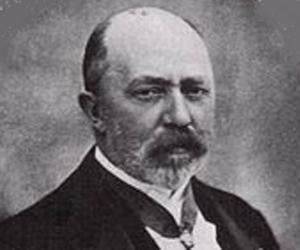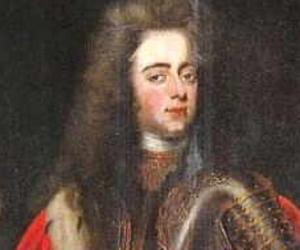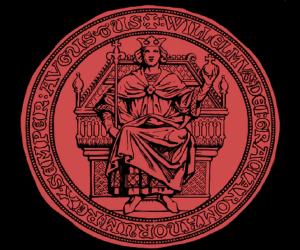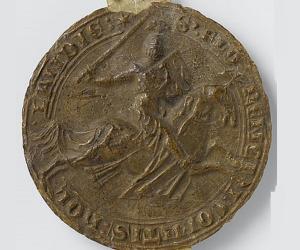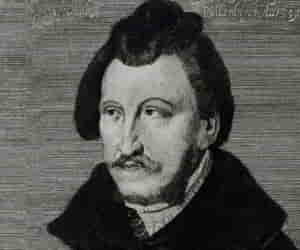1
William III of the Netherlands
(Former King of the Netherlands (1849 - 1890))
Birthdate: February 19, 1817
Sun Sign: Pisces
Birthplace: Brussels, Belgium
Died: November 23, 1890
William III was King of the Netherlands and Grand Duke of Luxembourg from 1849 until his death in 1890. He succeeded as king of the Netherlands after the death of his father in 1849. William married twice and had children, with his daughter Wilhelmina succeeding him to the Dutch throne. He was also the last Dutch monarch to die while on the throne, as all his successors have abdicated in favor of their children. The throne of the Grand Duchy of Luxembourg passed to his distant cousin after his death.
